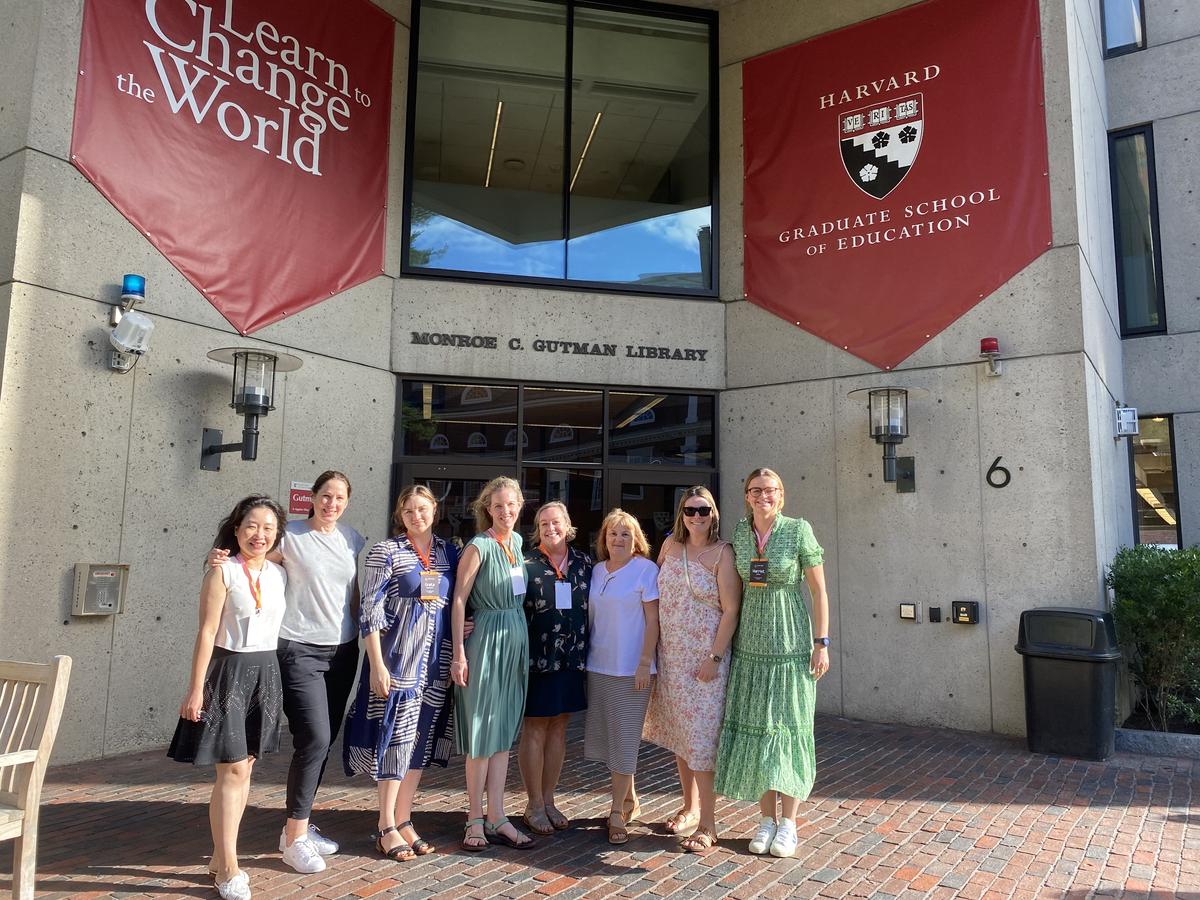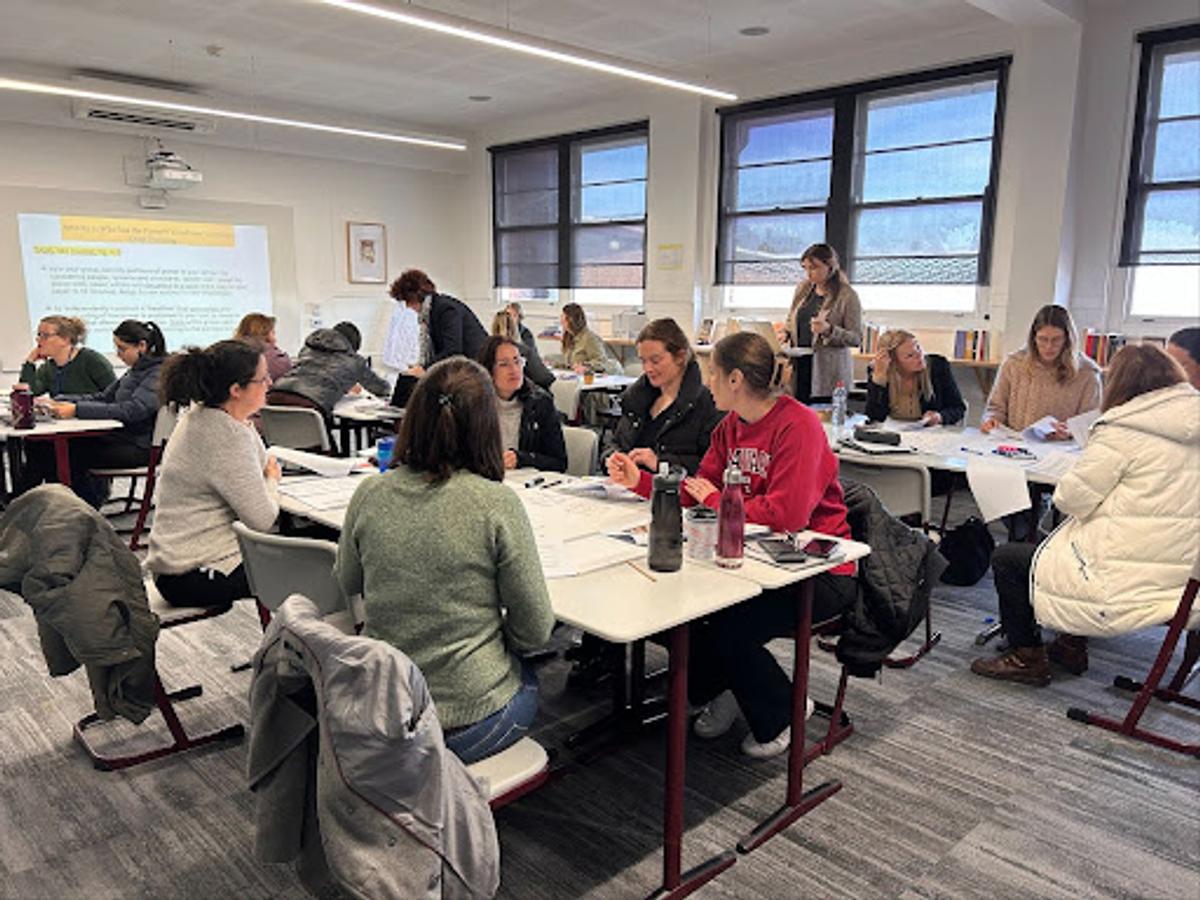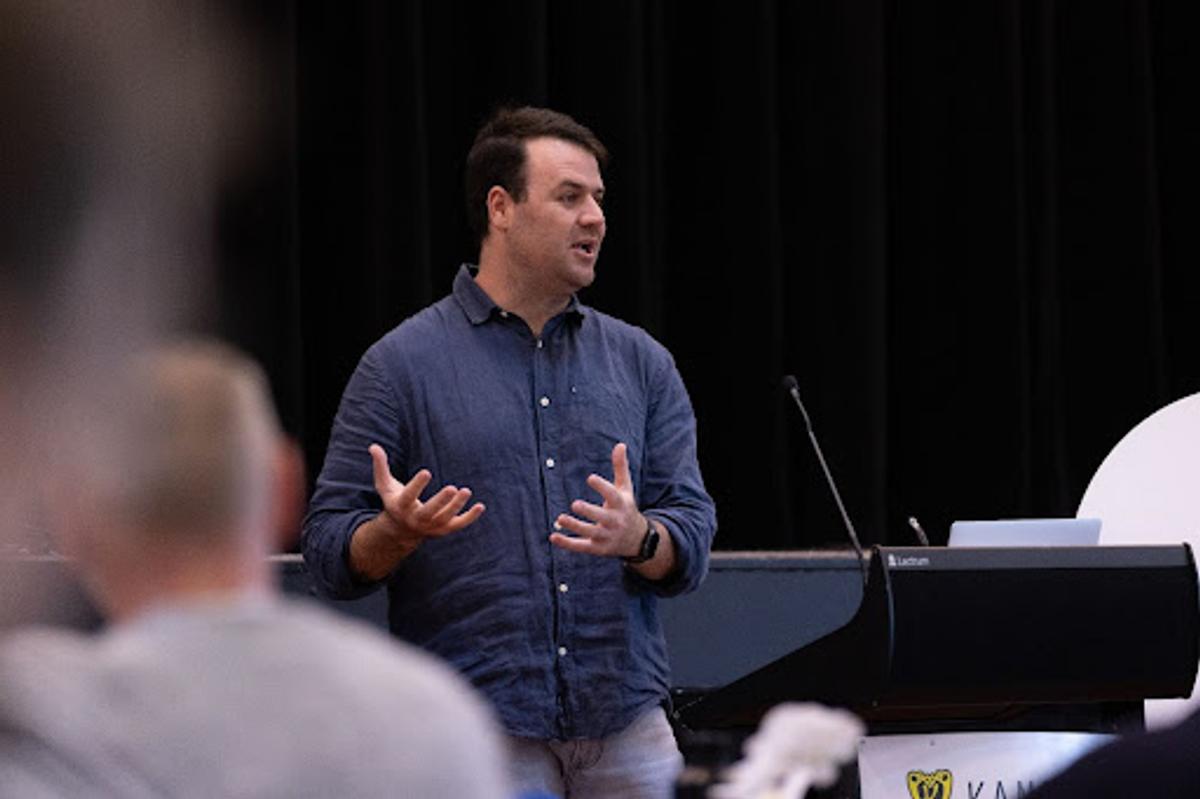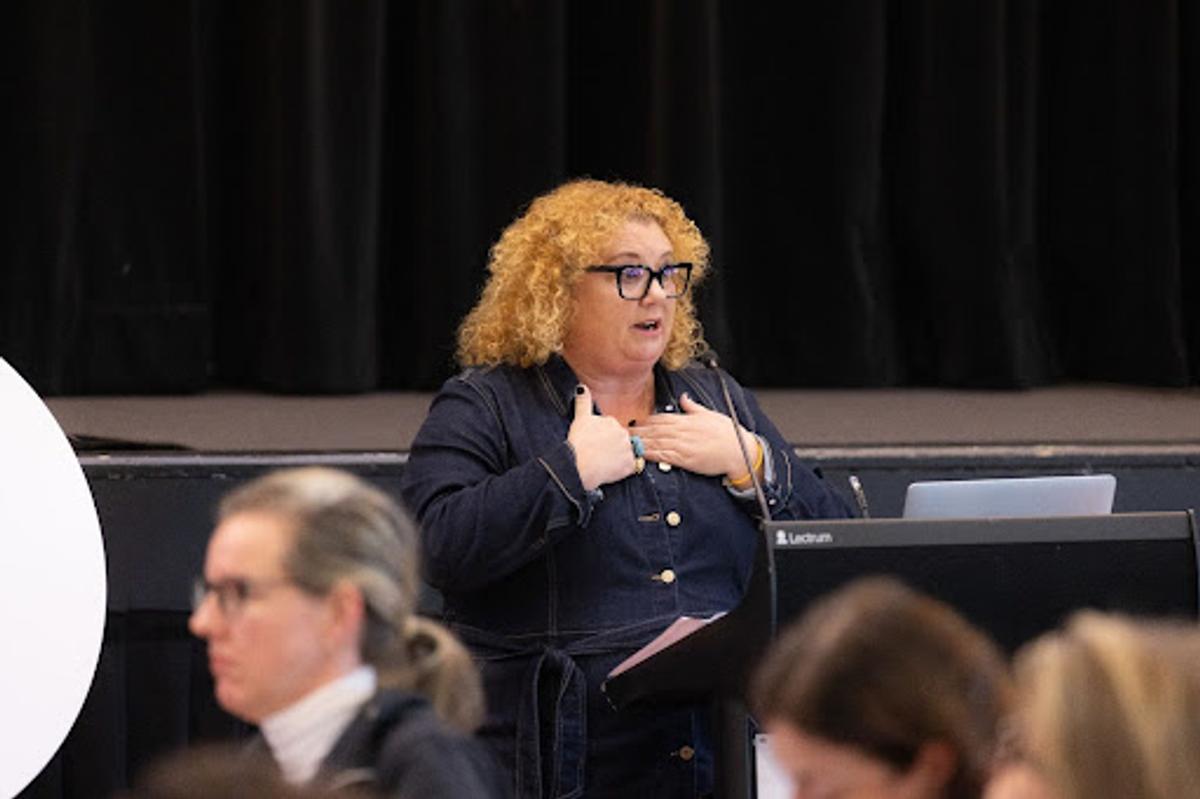Kambala Institute of
Teaching Excellence

Kambala Institute of
Teaching Excellence
"It is a narrow mind which cannot look at a subject from various points of view."
George Eliot, Middlemarch
Last year, a colleague-friend visited us at Kambala to work on a collaboration. Her departing comment was that Kambala is a “palpably excellent school”. It is this sentiment that was on display on our first day of Term 3 as teaching staff engaged in a series of workshops facilitated by their colleagues. Professional Learning is a core component of building a culture of thinking and while we have had the privilege of an Academic in Residence, we also have the opportunity to learn from our outstanding practitioners.
With a focus to equip our girls with a future-focused education, we delved into the dispositions that will enable them to achieve their ambitions within a globally-minded context. The ability to interface in culturally-diverse groups, listen respectfully to various viewpoints, and communicate with impact are such qualities that will set students up for success in the numerous industries and paths they aspire to experience. Dr. Nira Rahman opened the day with her keynote, which highlighted the importance of celebrating difference to foster respectful, inclusive and diverse (RID) classrooms. Dr. Rahman is an academic specialising in Educational Design and Student Engagement in Arts Teaching Innovation at the Faculty of Arts, at the University of Melbourne. With her insights and guidance, staff engaged in a storytelling activity on positionality, which inspired reflection on how our identities shape our worldview.
From academic theory to implementation, various Kambala practitioners facilitated lessons to showcase the deep thinking that occurs in our classrooms. Helen Maynard (Year 4 teacher) invited us to “step inside” different perspectives. Greta Beaumont’s (Head of English) workshop centred on the interconnection between power and position in texts, while Drew Bickford (Head of VADT) with his team (Coco Peirce, Tina Bramis, and Shona Goggin) facilitated a see, think, make, discuss routine to inspire staff to creatively illustrate their thinking around global challenges. Robyn Howell (Head of Social Sciences) and Sebastien Knox engaged staff to interrogate economic policies from across the world, and Irina Braun (Head of Languages) lead a French class on the global inequities in girls’ access to education. Henry Clark (Head of Year 9) concluded the day with heartwarming recollections of our students’ deep learnings in Cape York during Term 2.
Our staff have continued their varied learning over the school break in a range of dynamic professional experiences. Hattie Wilson (Co-Lead Mathematics 7-10), Elizabeth Parslow (Science), Julie Laytham (Head of Student Life), Katherine Moore (Deputy Head of Junior School), Tanya Badin (Year 6), Sherry Chen (Languages), Kathryn Della-Valle (Year 3), and Greta Beaumont, immersed in the weeklong Project Zero Classroom Institute, Harvard University, which included presentations, interactive workshops, and small group learning on the research-informed ideas and strategies for best teaching practice. For Hattie, the experience “enabled [her] to be fully present to engage with world-leading research into teaching for understanding and making thinking visible. Simply put: it was game-changing!"
And I had the pleasure of presenting my findings as part of the Global Action Research Collaborative (GARC) on building sisterhood in the classroom through collaborative storytelling at the International Coalition of Girls’ Schools (ICGS) conference in Baltimore. I always feel immense pride when I present about the unique approaches to learning at Kambala, with this particularly rewarding and challenging process reminding me why this truly is a “palpably excellent school”.













